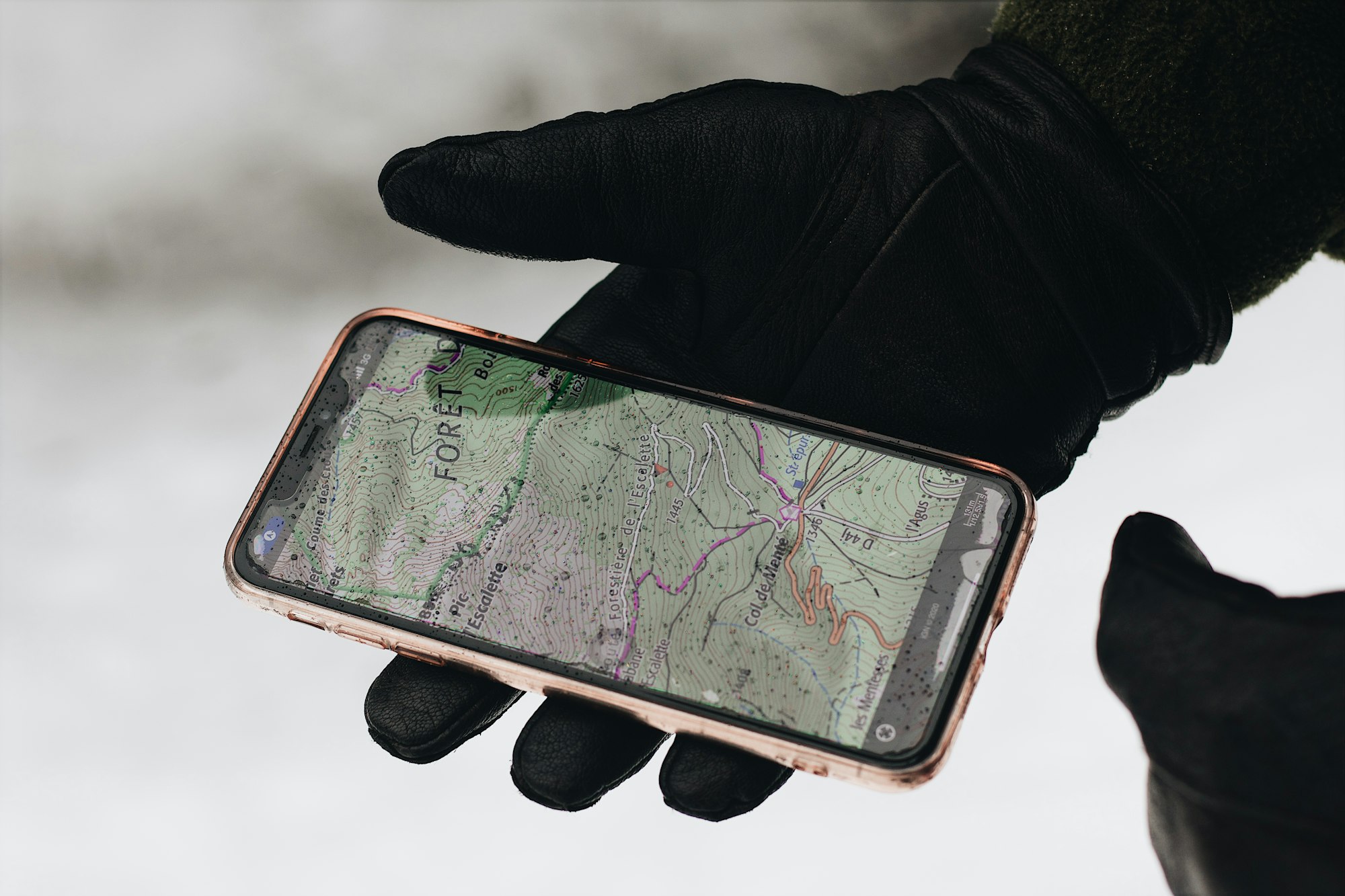What is Online Tracking?

In today's world, it's no secret that online advertising is big business. Every day, millions of users are bombarded with ads as they browse the internet. But have you ever stopped to consider just how these ads are targeting you, specifically? The answer lies in the science of online tracking.
How Online Tracking Works
Online tracking refers to the collection of data on an individual's online activities, including their search history, website visits, and social media interactions. This data is then used by advertisers to create highly targeted ads that are more likely to resonate with the user and, ultimately, lead to a purchase.
The Role of Cookies
So, how does this all work? It starts with the use of cookies, which are small pieces of data that websites store on your computer when you visit them. These cookies allow websites to remember your preferences and settings, but they also allow advertisers to track your movements across the web.

Creating Detailed User Profiles
Using this data, advertisers can create detailed profiles of users, including their demographics, interests, and purchasing habits. They can then use this information to serve up ads that are tailored to the individual's specific interests and needs.
Techniques Used by Advertisers
But the science of online tracking goes beyond just serving up relevant ads. Advertisers also use a range of psychological techniques to manipulate user behavior. For example, they may use social proof, which involves showing users how many others have already purchased a product or service, to create a sense of urgency and encourage them to buy.
Social Media Platforms and Online Tracking
But it's not just advertisers who are using online tracking to manipulate user behavior. Social media platforms like Facebook and Twitter also use this data to keep users engaged on their platforms for longer periods of time. By showing users content that is most likely to keep them interested, these platforms can increase user engagement and ultimately generate more advertising revenue.
Protecting Yourself from Online Tracking
So, what can you do to protect yourself from online tracking? There are a few things you can try. First, you can use a private browsing mode, which will prevent cookies from being stored on your computer. You can also use ad-blocking software, which will prevent ads from appearing altogether.
Using a VPN can also help protect your personal information from hackers and other malicious actors. When you connect to a VPN, your internet traffic is encrypted, making it much more difficult for anyone to intercept and steal your data. Additionally, VPNs can help you bypass geographic restrictions and access content that might otherwise be unavailable in your area.
In conclusion, the science of online tracking is a powerful tool for advertisers, but it's important to be aware of how your data is being used and to take steps to protect yourself if you're uncomfortable with this level of tracking. By being informed and proactive, and by using tools like private browsing, ad-blocking software, and VPNs, you can ensure that you stay in control of your online experience and protect your personal information from prying eyes.

